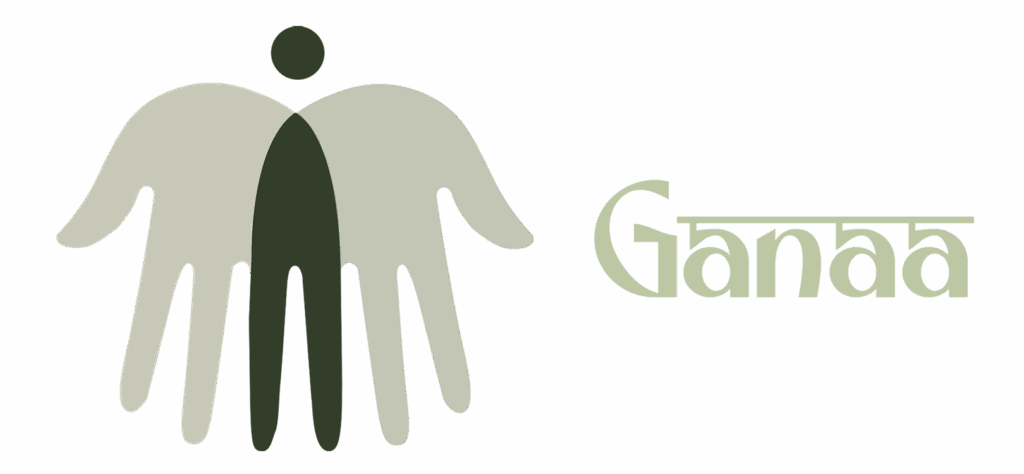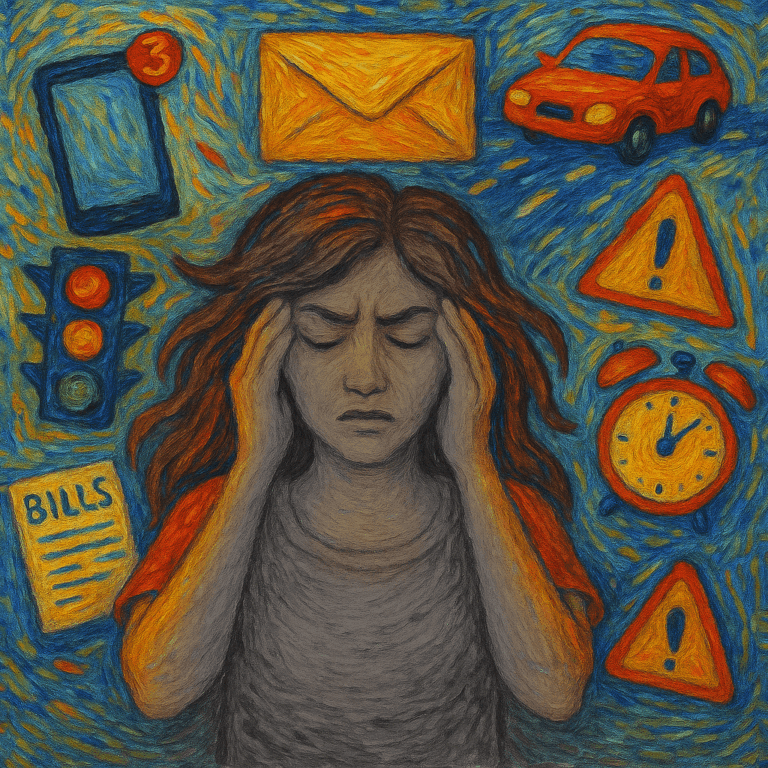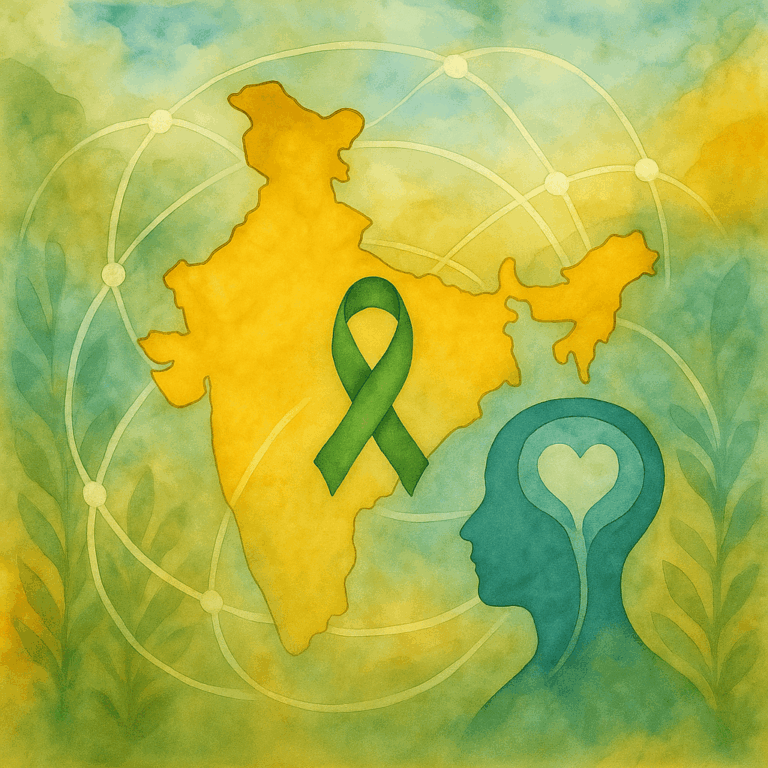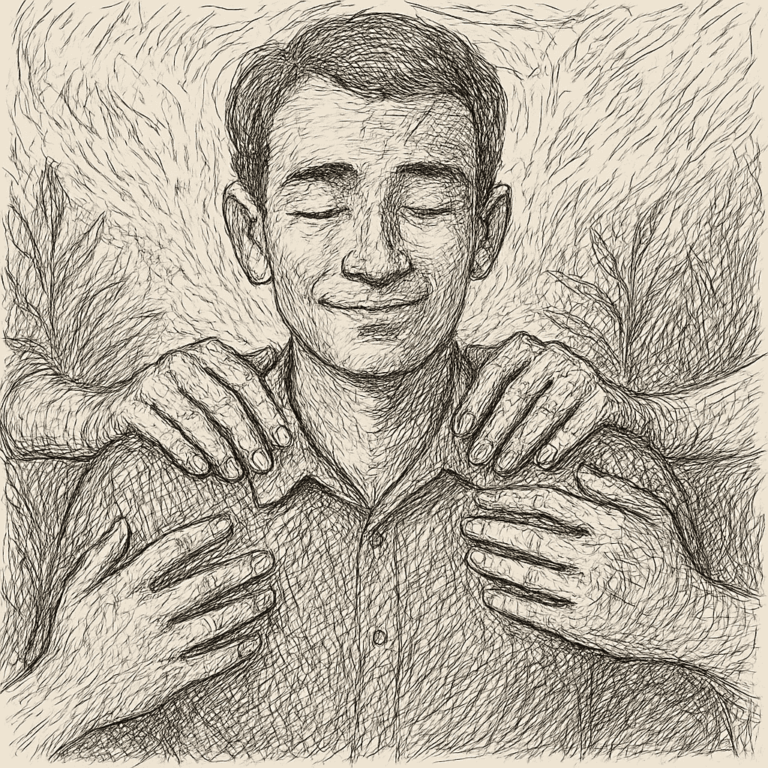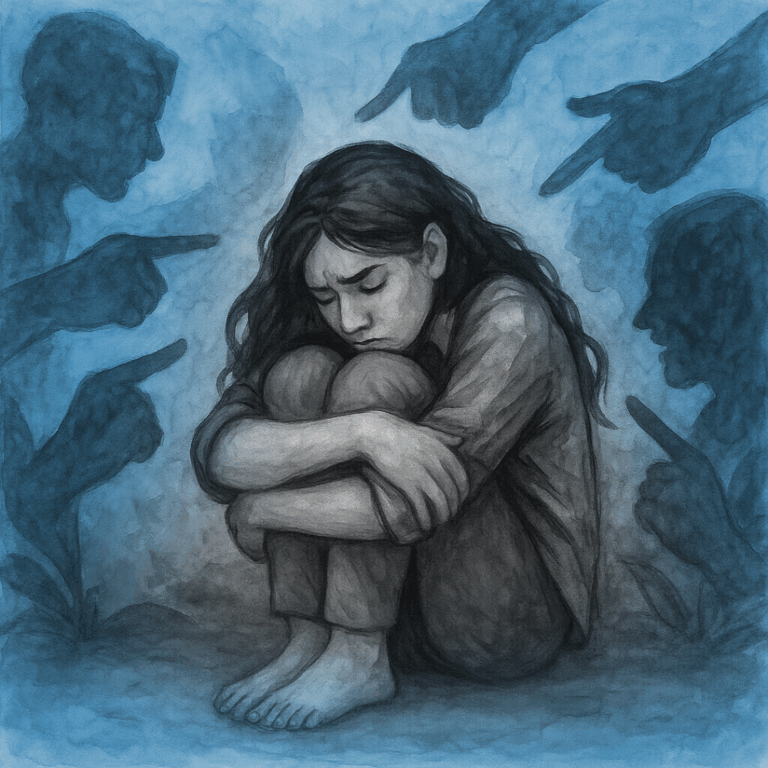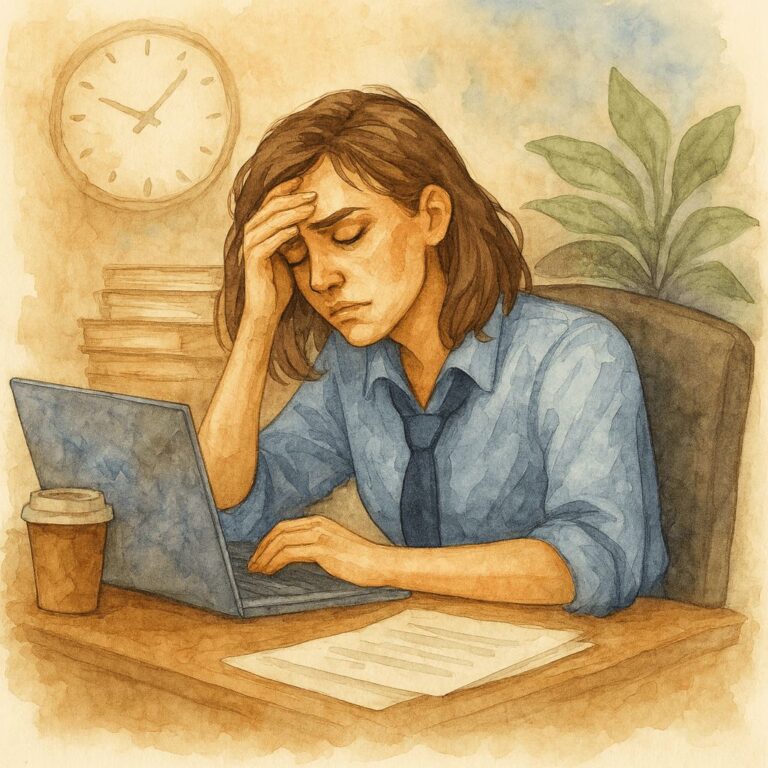Urges and Alcohol Use Disorder
Overcoming alcohol addiction is a courageous journey, and for millions worldwide, it can feel like navigating an uphill battle. One of the toughest hurdles in recovery is managing those intense, sometimes overpowering urges for alcohol—moments when the urge to drink feels almost impossible to ignore.
Picture standing at the edge of an ocean, watching waves crash against the shore. Like these relentless waves, alcohol urges can feel overwhelming – rising and falling, sometimes gentle, sometimes fierce, but always demanding attention.
At Ganaa, we understand these challenges deeply. Our approach combines proven, evidence-based methods with compassionate, personalised care to support every step of your journey.
Through our comprehensive treatment programs—including medication-assisted support and holistic therapies—we’re here to empower you to break free from urges and rediscover a life of balance and fulfilment.
The Neuroscience of Alcohol Triggers
The brain’s reward system becomes rewired through repeated alcohol use, creating what scientists call “reward prediction errors.” This means:
- Your brain releases dopamine not just when drinking, but when encountering anything associated with drinking.
- Neural pathways become strengthened through repeated exposure, making triggers more powerful over time.
- The amygdala (emotion centre) and hippocampus (memory centre) work together to create lasting associations between situations and drinking.
7 Practical Strategies for Managing Alcohol Urges: Evidence-Based Approaches
Overcoming alcohol addiction requires effective strategies for managing urges. Research shows that understanding and actively responding to alcohol urges is crucial for successful recovery.
Here are 7 evidence-based strategies that can help you manage alcohol urges effectively.
1. The HALT Method
Before acting on an alcohol urge, check if you are:
- Hungry: Low blood sugar can intensify urges and make decision-making more difficult. Maintain regular, nutritious meals throughout the day and keep healthy snacks readily available. Research shows that stable blood sugar levels help regulate mood and reduce impulsive behaviours.
- Angry: Anger and frustration often trigger drinking as a coping mechanism, leading to a destructive cycle. Learn to recognize anger early and use healthy outlets like exercise, talking to a counsellor, or practising stress-management techniques. Developing anger management skills is crucial for long-term recovery.
- Lonely: Isolation frequently intensifies urges and can lead to negative thinking patterns that justify drinking. Build connections through support groups and reach out to understanding friends or family members who support your recovery. Regular social interaction with supportive people helps combat urges.
- Tired: Physical and mental fatigue significantly weakens willpower and makes urges harder to resist. Establish consistent sleep patterns, practise good sleep hygiene, and allow yourself adequate rest periods throughout the day. Well-rested individuals show better impulse control.
2. Physical Exercise
Regular exercise offers multiple benefits for managing alcohol urges:
- Releases natural endorphins that improve mood and create a “healthy high,” helping replace the chemical rewards previously sought through alcohol. Studies show that exercise can reduce alcohol cravings by up to 50% in some individuals.
- Reduces stress and anxiety by lowering cortisol levels and promoting the production of mood-stabilising neurotransmitters. This biological response helps counteract common triggers for drinking.
- Improves overall mental health through better self-esteem, reduced depression symptoms, and increased emotional resilience. Regular exercise creates a positive feedback loop that supports recovery.
- Builds self-esteem and confidence through achieving fitness goals and improving physical health. This increased sense of self-worth supports better decision-making in recovery.
3. Deep Breathing Exercises
Research-backed breathing techniques can help:
- Calm the nervous system by activating the parasympathetic response, which naturally reduces stress and anxiety. This physiological change helps counter the fight-or-flight response often associated with urges.
- Reduce anxiety through controlled breathing patterns that regulate heart rate and blood pressure. Regular practice makes this technique more effective over time.
- Centre your thoughts and bring awareness to the present moment, breaking the cycle of obsessive thinking about alcohol. Focused breathing provides an anchor point for mindfulness.
- Create mental space between urge and action, allowing time to implement other coping strategies. The pause provided by breathing exercises is crucial for maintaining sobriety.
4. Social Support Network
Build and maintain a strong support system:
- Keep a list of supportive people to call when urges strike, including sponsors, counsellors, and trusted friends who understand recovery. Having multiple contact options ensures help is available when needed.
- Join recovery support groups that provide understanding, accountability, and practical strategies for managing urges. Regular attendance strengthens recovery tools and connections.
- Attend AA meetings regularly to maintain motivation, learn from others’ experiences, and build a sober community. Consistent participation correlates with better recovery outcomes.
- Connect with addiction counsellors who can provide professional guidance and evidence-based strategies for managing urges. Professional support adds another layer of accountability.
- Engage with family therapy programs to heal relationships and build a stronger support system at home. Family involvement significantly improves recovery success rates.
5. Mindfulness and Meditation
Develop awareness through:
- Daily meditation practice that builds mental resilience and emotional awareness. Regular practice helps identify triggers earlier and respond more effectively.
- Mindful breathing exercises that ground you in the present moment and reduce the power of urges. These techniques become more natural and effective with consistent practice.
- Body scan techniques that help identify physical tension and stress before they trigger urges. Understanding bodily responses improves self-awareness and control.
- Guided imagery exercises that provide positive mental alternatives to drinking thoughts. These visualisations strengthen recovery motivation and goals.
- Progressive muscle relaxation techniques that reduce physical and mental tension commonly associated with urges. Regular practice improves stress management skills.
6. Environmental Management
Create an environment that supports recovery:
- Remove alcohol from your home and workplace, eliminating immediate access during vulnerable moments. Creating physical barriers to drinking increases success in early recovery.
- Avoid triggering locations such as bars, liquor stores, and places strongly associated with past drinking. Developing new routes and routines reduces exposure to high-risk situations.
- Create new routines that support sobriety, including regular meal times, exercise schedules, and healthy social activities. Structure helps prevent boredom and reduces vulnerability to urges.
- Redesign social activities to focus on alcohol-free environments and interactions. Building new traditions and memories without alcohol strengthens recovery.
- Establish alcohol-free zones in your life, including clear boundaries with friends and family about your recovery needs. Setting firm limits protects your sobriety.
7. Professional Treatment Support
Seek evidence-based treatment options:
- Medication-Assisted Treatment (MAT) combines prescribed medications with counselling to manage urges and withdrawal symptoms effectively. This comprehensive approach shows higher success rates.
- Individual counselling provides personalised strategies and support for addressing underlying issues that contribute to alcohol use. Regular sessions help maintain recovery momentum.
- Group therapy offers peer support, shared learning experiences, and practical strategies for managing urges in daily life. Group dynamics enhance individual recovery efforts.
- Addiction specialists provide expert guidance and can adjust treatment plans based on individual needs and responses. Professional oversight ensures appropriate care levels.
- Regular medical supervision helps monitor progress and address any physical or mental health issues that arise during recovery. Comprehensive care improves outcomes.
When to Seek Additional Help
Contact healthcare professionals if you experience:
- Severe withdrawal symptoms including tremors, seizures, or severe anxiety that could indicate dangerous withdrawal complications. Immediate medical attention may be necessary.
- Persistent urges that don’t respond to standard coping strategies or significantly impact daily functioning. Professional intervention can provide additional tools and support.
- Co-occurring mental health issues such as depression, anxiety, or trauma that complicate recovery. Dual diagnosis treatment may be necessary.
- Difficulty maintaining sobriety despite using multiple coping strategies and support systems. Treatment plans may need adjustment.
- Thoughts of self-harm or suicide that require immediate professional intervention. Safety should always be the top priority.
Professional Support at Ganaa
Our comprehensive approach to addiction treatment includes:
- Medication-Assisted Treatment (MAT): We offer evidence-based medications combined with counselling to help manage urges and withdrawal symptoms effectively. Our medical team carefully monitors and adjusts treatment plans to meet individual needs.
- The 12-Step Recovery Program: Our program provides structure, accountability, and peer support while maintaining your privacy and dignity. Join our supportive community of individuals on recovery journeys.
- Family Counselling: We understand that addiction affects the entire family system. Our counselling services like the Al Anon Program for family members help repair relationships and build a stronger support network for lasting recovery.
- Holistic Therapies: We recognize that recovery involves healing the whole person. Our holistic approaches include mindfulness training, stress management techniques, and therapeutic activities that support overall wellness.

Start Your Mental Health Journey with Ganaa Today
Whether you’re seeking help for yourself or a loved one, Ganaa offers evidence-based, compassionate
mental health care that’s rooted in dignity and excellence.
Contact us at +91 8750075006 or visit www.ganaa.in to begin your journey toward mental wellness.
You don’t have to have it all figured out. Sometimes, just acknowledging that you’re ready for change is enough of a first step.
Here when you need us,
The Ganaa Team
